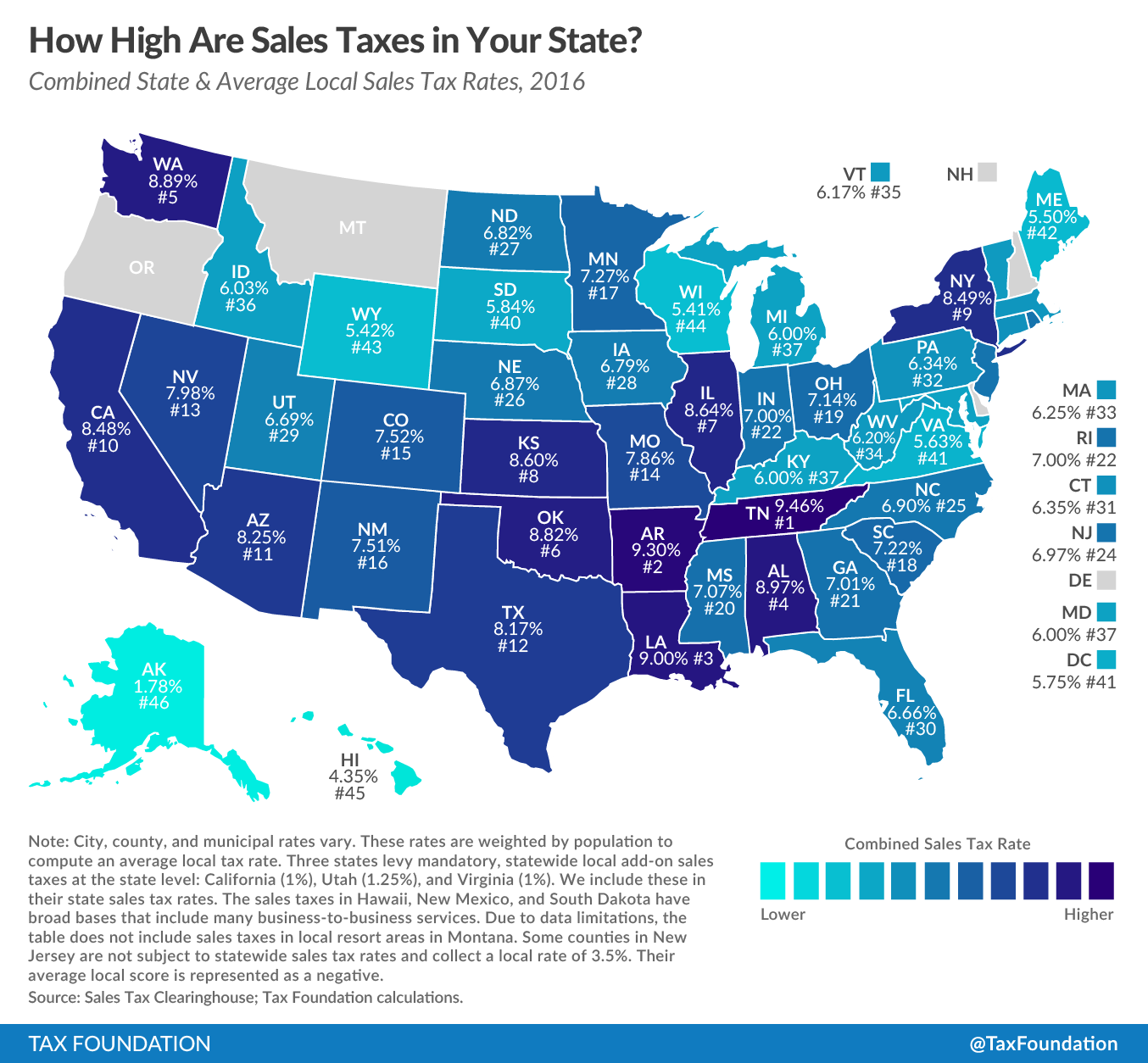Florida sales tax is a crucial aspect of the state’s tax system, affecting both residents and businesses. Whether you’re a consumer trying to understand how much tax you’ll pay on your next purchase or a business owner navigating the complexities of tax compliance, this guide will provide you with all the necessary information. Dive into the details of Florida’s sales tax, its rates, exemptions, and how it impacts everyday transactions.
Key Takeaways
- Florida has a base sales tax rate of 6% with additional local surtaxes varying by county.
- Certain goods and services are exempt from sales tax in Florida.
- Understanding sales tax is critical for both consumers and business owners in Florida.
An Overview of Florida Sales Tax

Florida’s sales tax is a consumption tax imposed on the sale of goods and services. The state levies a base sales tax rate of 6%, but local governments can impose additional surtaxes, which vary by county. This means the total sales tax rate can be higher than the state rate, depending on where the transaction occurs.
State and Local Sales Tax Rates
While the base rate is 6%, local surtaxes can add up to 2.5% to the total sales tax rate. For instance, in Miami-Dade County, the total sales tax rate is 7%, which includes the state rate plus a 1% local surtax. It is essential to check the specific rate for your county to understand the total sales tax applicable to your purchases.
Goods and Services Subject to Sales Tax
Most tangible personal property sold in Florida is subject to sales tax. This includes items like electronics, clothing, and household goods. However, some services and goods are exempt from sales tax, as discussed in the next section.
Exemptions and Special Cases
Understanding exemptions is crucial for both consumers and businesses. Certain goods and services are not subject to sales tax in Florida, which can lead to significant savings.
Common Exemptions

- Groceries: Most food items purchased for home consumption are exempt from sales tax.
- Prescription Drugs: Medicines prescribed by a licensed practitioner are not taxed.
- Medical Equipment: Some medical devices and equipment are exempt, provided they meet specific criteria.
- Utilities: Residential electricity and heating fuel are generally exempt from sales tax.
Special Cases
In addition to the common exemptions, Florida offers sales tax holidays, where certain items are exempt from sales tax for a limited time. These holidays typically focus on back-to-school supplies, hurricane preparedness items, and energy-efficient products.
Impact on Consumers and Businesses
Sales tax affects both consumers and businesses in Florida in different ways. Understanding these impacts can help in making informed financial decisions and ensuring compliance with tax regulations.
For Consumers
For consumers, sales tax increases the cost of goods and services. Being aware of the tax rate in your area helps in budgeting and understanding the total cost of purchases. Additionally, knowing about exemptions and sales tax holidays can lead to savings on essential items.
For Businesses
Businesses need to navigate the complexities of collecting and remitting sales tax. This involves determining which products and services are taxable, applying the correct tax rate, and filing regular tax returns with the state. Failure to comply with sales tax regulations can result in penalties and interest charges.
Filing and Compliance for Businesses
Businesses operating in Florida must register with the Florida Department of Revenue to collect sales tax. Once registered, they need to file sales tax returns regularly, even if no tax is due for a particular period.
Registration Process
Businesses can register online or by submitting a paper application. The registration process requires information about the business structure, location, and types of goods or services offered.
Filing Returns
Sales tax returns can be filed monthly, quarterly, or annually, depending on the amount of tax collected. Businesses must report the total sales, taxable sales, and the amount of tax collected. It’s crucial to file returns on time to avoid penalties.
Understanding Florida sales tax is essential for both consumers and businesses. Knowing the applicable rates, exemptions, and compliance requirements can help in making informed financial decisions and ensuring adherence to tax laws. Whether you’re shopping for everyday items or running a business, being aware of the sales tax implications can lead to better financial management and potential savings.
By staying informed about the latest changes and updates in Florida’s sales tax laws, you can navigate the complexities of the tax system with confidence and ease.